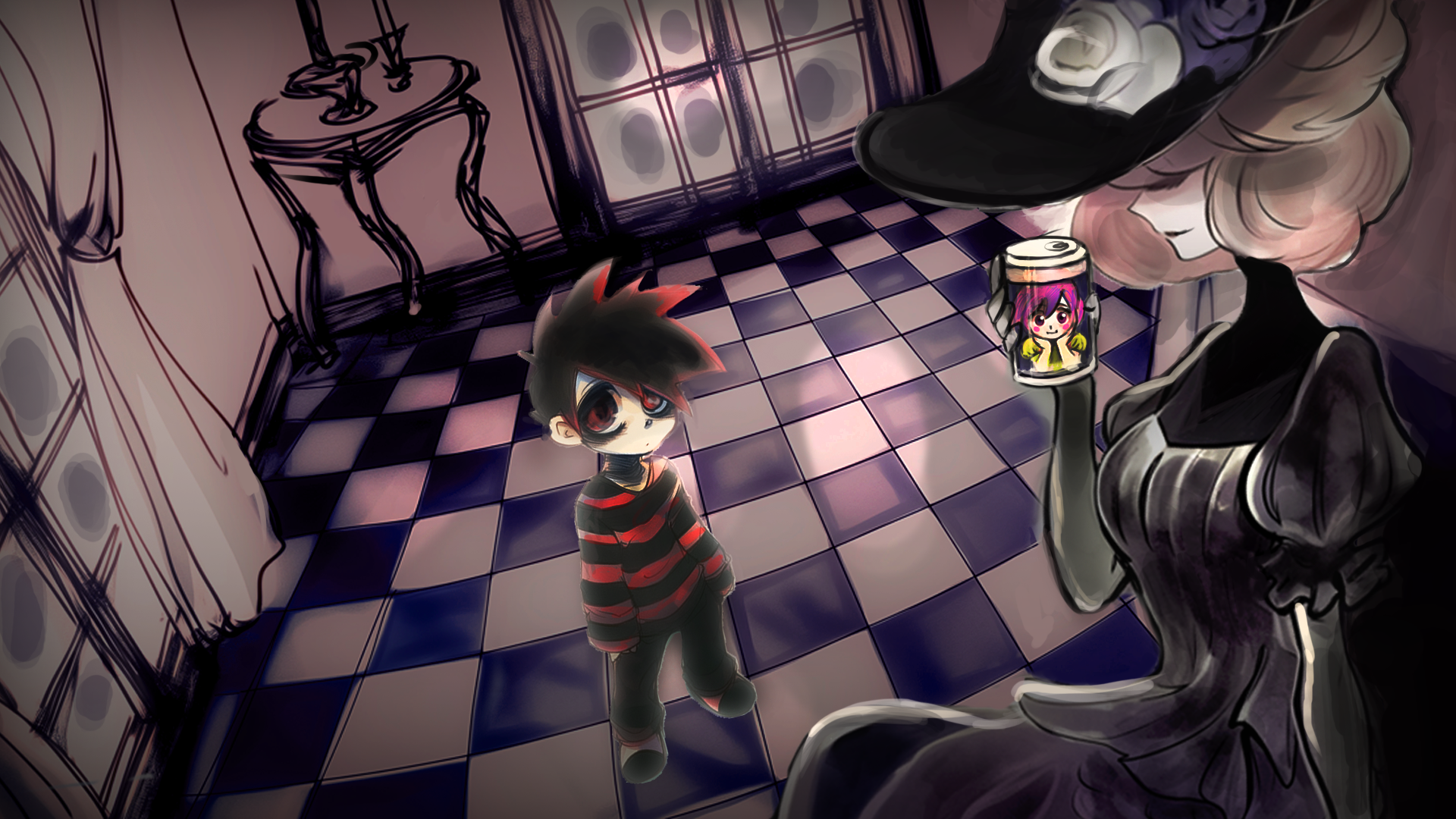I think the majority of indie devs juggle multiple projects, and for good reason. I want to talk about whether this approach is beneficial or not. You often hear people saying you should focus on one thing at a time, but I believe that what's right for one person isn't necessarily right for another. Humans are naturally inclined towards multitasking, not in the sense of doing two things simultaneously, but in the sense of breaking up your day to work on different things. You might spend a couple of hours on one project, then switch to another for a bit, and so on.
First, let’s look at the issue of starting too many projects and how it might impact your ability to actually finish a game. A common trap is starting something new, working on it for a few weeks or months, then dropping it for a shiny new idea. I’ll admit, this has happened to me occasionally, but usually for reasons not related to the allure of a new project—sometimes life just gets in the way, and you have to reduce your workload. What I’m talking about here are the cases where a developer constantly starts something new because the next idea seems more exciting. Before you know it, you’ve got a backlog of half-finished projects, none of which are close to completion. I’ve struggled with this while writing books too. You need to be consistent, especially if you're writing a series, but you get halfway through and start a new book instead. The same applies to game development: if you keep starting new projects, you probably won’t finish any. That’s okay if you’re doing it as a hobby, but if you’re serious about being a professional developer, you need to commit to what you start.

On the flip side, juggling multiple projects can actually be beneficial. Humans get bored, and working on the same project day in, day out, can lead to burnout. Not everyone deals with this, but in my case, working on two or three projects at a time has been helpful. It keeps things fresh, helps you learn new things, and gives you a creative break from focusing on just one game. This has been especially motivating for me, particularly when collaborating with a team. For my personal projects, I try to keep the scope limited and aim to finish smaller projects. Whether it’s a commercial release in six months or a quick game jam in a month, completing something small gives a sense of accomplishment and keeps the motivation up.
The key here is knowing your limits. I’ve learned over time not to exceed them, because that’s when things start to go wrong. In the end, there’s no one-size-fits-all answer to whether you should juggle multiple projects. It’s all about finding what works best for you and your workflow.
Did you like this post? Tell us
Leave a comment
Log in with your itch.io account to leave a comment.
Here's my view as a player: I think that it's the creator's decision to create as they choose. However, these decisions may not be without consequence - the largest monthly amount I have ever subscribed on Patreon was to a creator whose game I was enjoying. After three or four months I stopped supporting them because they were constantly jumping around offering different things, almost none of which interested me, and it seemed like they barely touched the game I'd actually chosen to support.
The second-largest monthly amount goes to a creator who works on one game only, and (other than a brief period when I had to reduce my contribution), I've been happily handing over my money for years.
When creators aren't delivering what they promise, it's not unknown that I'll stop following them. Similarly, creators who start work on a game and then (ultimately) abandon it, I will feel cheated. Sometimes, of course, there are reasons, and I can accept that. Other times there's no real reason beyond, "Changed my mind, want to work on something else now" - which is also fine, but leading the punters along is going to earn you [creator] a reputation that isn't ultimately going to help you as a creator. More pertinently, if you're aiming to make money from your pursuits, people will learn not to trust you, and will be unwilling to contribute - or won't stick with you.
In short, if you're making your work public, try to limit it to a few things, and make sure they're all updated often enough that they don't feel abandoned. And be honest about your expected update schedule. If you're hoping people will support you financially, this is even more important. Alternatively, if you're leaping around like a yo-yo unable to decide what you really want to pursue, maybe don't take it public: you're doing no one any favours. Unless you want to be viewed as a yo-yo.
Very valid points. I'd hate it if I were paying for a patreon game and the person was constantly changing direction.
More or less what I'm describing above are itch/steam games you release once and that's it, not asking players to pay on a monthly basis.